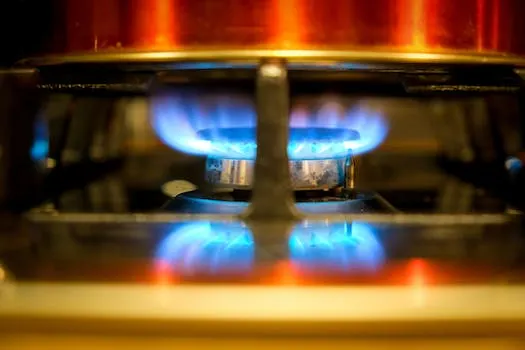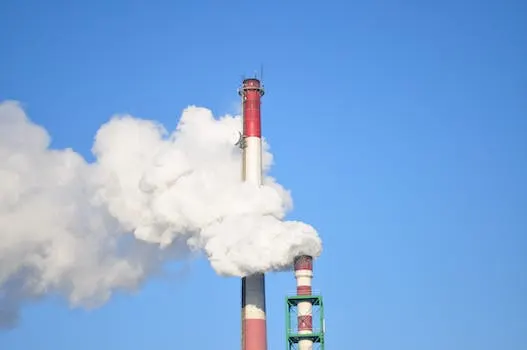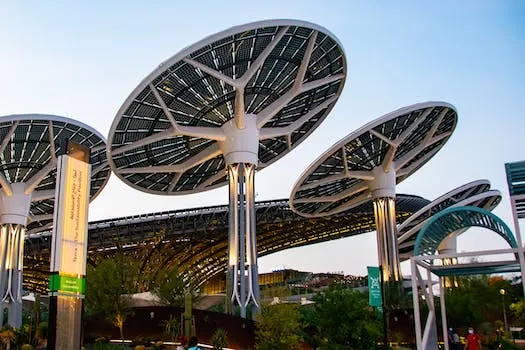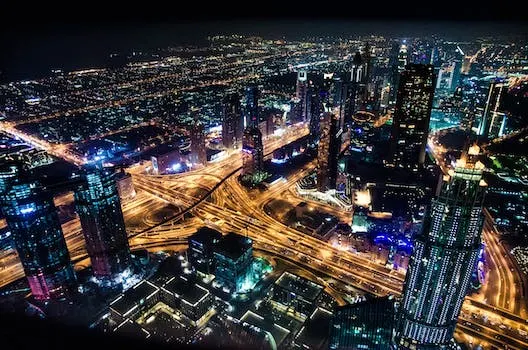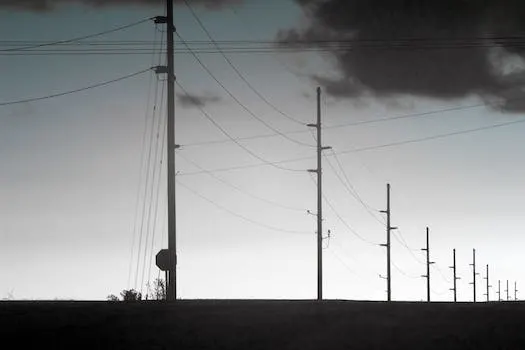
Understanding Energy Poverty: A Global Issue
What is Energy Poverty?
Energy poverty is a global issue that affects people in both urban and rural areas. It is characterized by the lack of access to affordable, reliable, and sustainable energy sources. This can lead to inadequate lighting, heating, cooling, as well as health issues due to unhealthy air quality. It also prevents people from participating in economic activities as they often don't have access to the tools and resources they need. Energy poverty is particularly prevalent in developing countries where 1.2 billion people are living without access to electricity and 2.8 billion do not have access to clean cooking facilities. As a result of this lack of energy services, many are forced to use unsafe and inefficient sources such as burning wood or kerosene which can lead to air pollution, respiratory illnesses, and even death.
Energy poverty has been defined as “the absence of sufficient choice in accessing adequate, affordable, reliable, high-quality safe and environmentally sound energy services” for households or territorial units unable fulfill their domestic needs such as lighting cooking heating cooling information-communication technology (ICT) etc.. Households affected by energy insecurity may experience a multitude of health impacts due its inverse relationship with modern energy services availability . The European Union (EU) has committed itself towards tackling this issue through various initiatives aimed at providing better access for those affected by it .
The consequences of energy poverty are far reaching; it not only affects individuals but entire communities who suffer from inadequate lighting , heating , cooling , cleaning etc., preventing them from participating in economic activities due lack of resources . Furthermore , the use unsafe sources such burning wood or kerosene can lead air pollution respiratory illnesses even death .
energy poverty is an urgent global issue that requires immediate attention if we want ensure everyone has equal opportunity benefit from modern civilization advances . The EU’s commitment towards tackling this problem should be commended however more needs done order truly make difference lives those affected by it .
How Does Energy Poverty Impact People?
Energy poverty has a profound impact on people’s lives, affecting their health, safety, and quality of life. According to the World Economic Forum, energy poverty is defined as the lack of access to sustainable modern energy services and products. This lack of access can lead to Poor housing quality and inadequate maintenance such as poor insulation, limited ventilation, and malfunctioning heating and cooling systems. As a result of this energy insecurity, one billion people worldwide are negatively affected by low energy consumption or use of dirty or polluting fuels. This has far reaching impacts on well-being and health which can lead to social exclusion. Access to reliable sources of energy would bring large benefits for environmental protection, gender equality, health care services as well as improved education opportunities for children who may have difficulty studying at night due to lack of electricity or have to spend time collecting fuel for cooking and heating instead. The framework for understanding this phenomenon is known as “energy insecurity” which is defined as the inability to adequately meet household energy needs (9). It is becoming an issue that requires social and political attention in order for people living in poverty around the world gain access to reliable sources of clean energy that will improve their quality of life.
What Can Be Done to Address Energy Poverty?
Addressing energy poverty is a complex challenge, but there are steps that can be taken to help those affected. Investing in renewable energy sources, such as solar and wind, is one way to provide clean and affordable energy to those in need. Governments can also work with local communities to provide access to energy-efficient cooking and heating systems. In addition, governments can offer incentives for companies to invest in energy-efficient technology such as tax breaks for businesses that invest in renewable sources or subsidies for those that install energy-efficient appliances. Low-income communities often face barriers when it comes to accessing technologies like solar photovoltaic (PV) which could help make their electricity more affordable.
Providing reliable electricity is the key factor towards helping a community lift itself from poverty; The Rockefeller Foundation has identified this as the single most important factor in ending global poverty. To increase access to renewable sources of clean energy, individuals should become aware of their own consumption habits and learn about the current mix of energies used by their community. Governments have an important role too; they should create policies which incentivise businesses investing in renewable sources or installing efficient appliances while providing support for local communities so they can access these technologies too.
Utilising electricity from solar and wind on a large scale presents its own challenges due to technical complexities; however these issues are now well understood and solutions exist which allow us take advantage of these clean energies at scale without compromising reliability or affordability. An effective transition away from traditional hydrocarbon resources requires investment into research into new technologies as well as education around how best use them - both at an individual level but also within government policy making circles - if we want our efforts towards addressing global poverty through increased access clean energies be successful long term .
Conclusion
Energy poverty is a global issue that affects millions of people around the world. It is a growing problem that has an impact on the health, safety, and quality of life of those who are affected by it. In 2010, World Economic Forum defined energy poverty as the lack of access to sustainable modern energy services and products. To be more precise, it is not only about having no access to electricity but also about having low energy consumption (5, 14–20). Energy poverty means two things: Poor people are the least likely to have access to power and they are more likely to remain in this state due to their limited resources. Sustainable energy policies are more likely to succeed if they also contribute toward other societal and economic development objectives. Governments should invest in renewable energy sources and provide incentives for companies to invest in energy-efficient technology in order to ensure access to reliable and affordable energy sources for all citizens. This will help break the cycle of poverty while also contributing towards economic recovery from COVID-19 crisis which requires a return from 'business as usual' towards environmentally sustainable practices. Almost 800 million people globally have no access or very limited access electricity which makes them unable make any difference in their lives due their lack of power or even no power at all. To address this issue effectively governments must work together with businesses so that everyone can benefit from reliable and affordable sources of modern energies services which will ultimately help reduce global inequality caused by this growing problem called Energy Poverty.


